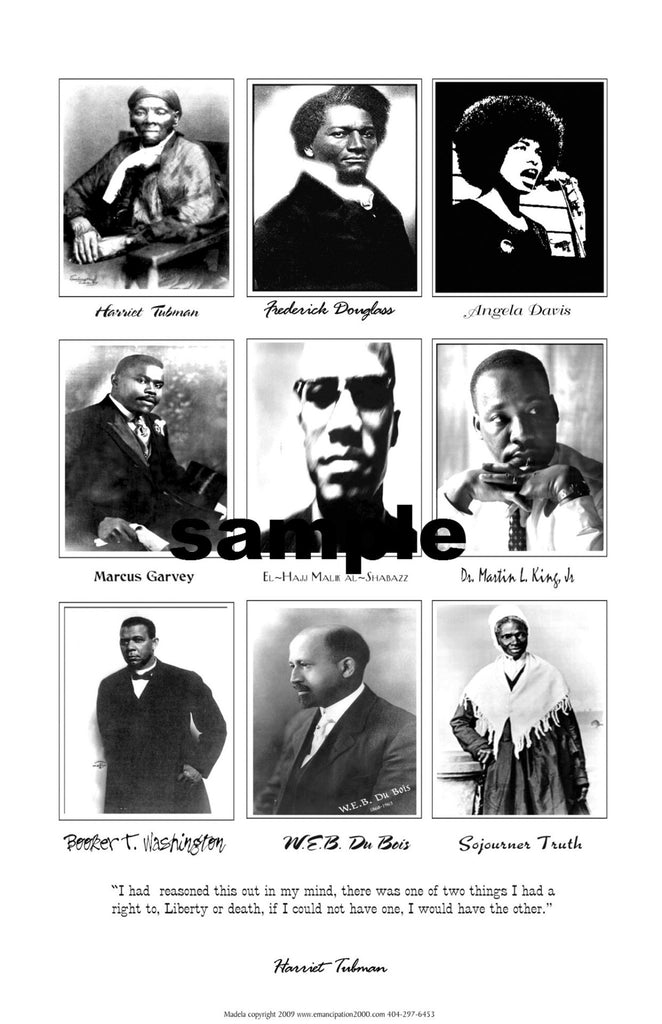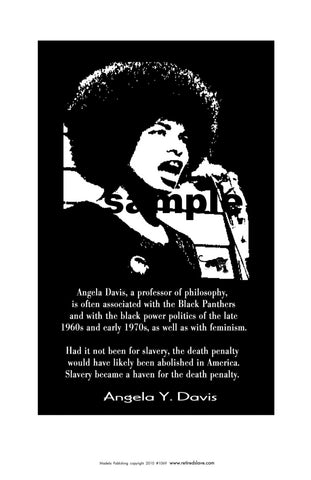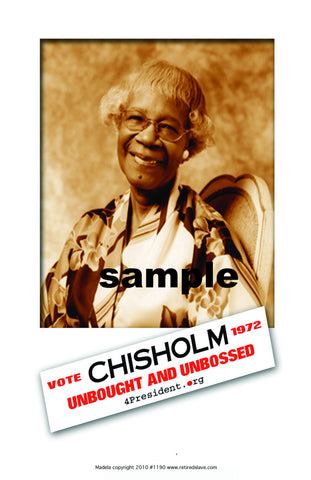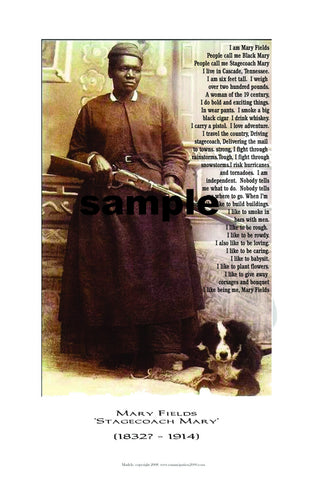Liberty or Death #1403
$ 10.00
Caption from poster__
" I had reasoned this out in my mind,
there was one of two things i had a
right to, liberty or death; if i could not
have one, i would have the other."
Liberty or Death Following the Boston Tea Party, Dec. 16, 1773, in which American Colonists dumped 342 containers of tea into the Boston harbor, the British Parliament enacted a series of Acts in response to the rebellion in Massachusetts. In May of 1774, General Thomas Gage, commander of all British military forces in the colonies, arrived in Boston, followed by the arrival of four regiments of British troops. The First Continental Congress met in the fall of 1774 in Philadelphia with 56 American delegates, representing every colony, except Georgia. On September 17, the Congress declared its opposition to the repressive Acts of Parliament, saying they are "not to be obeyed," and also promoted the formation of local militia units. Thus economic and military tensions between the colonists and the British escalated. In February of 1775, a provincial congress was held in Massachusetts during which John Hancock and Joseph Warren began defensive preparations for a state of war. The English Parliament then declared Massachusetts to be in a state of rebellion. On March 23, in Virginia, the largest colony in America, a meeting of the colony's delegates was held in St. John's church in Richmond. Resolutions were presented by Patrick Henry putting the colony of Virginia "into a posture of defense...embodying, arming, and disciplining such a number of men as may be sufficient for that purpose." Before the vote was taken on his resolutions, Henry delivered the speech below, imploring the delegates to vote in favor. He spoke without any notes in a voice that became louder and louder, climaxing with the now famous ending. Following his speech, the vote was taken in which his resolutions passed by a narrow margin, and thus Virginia joined in the American Revolution.




